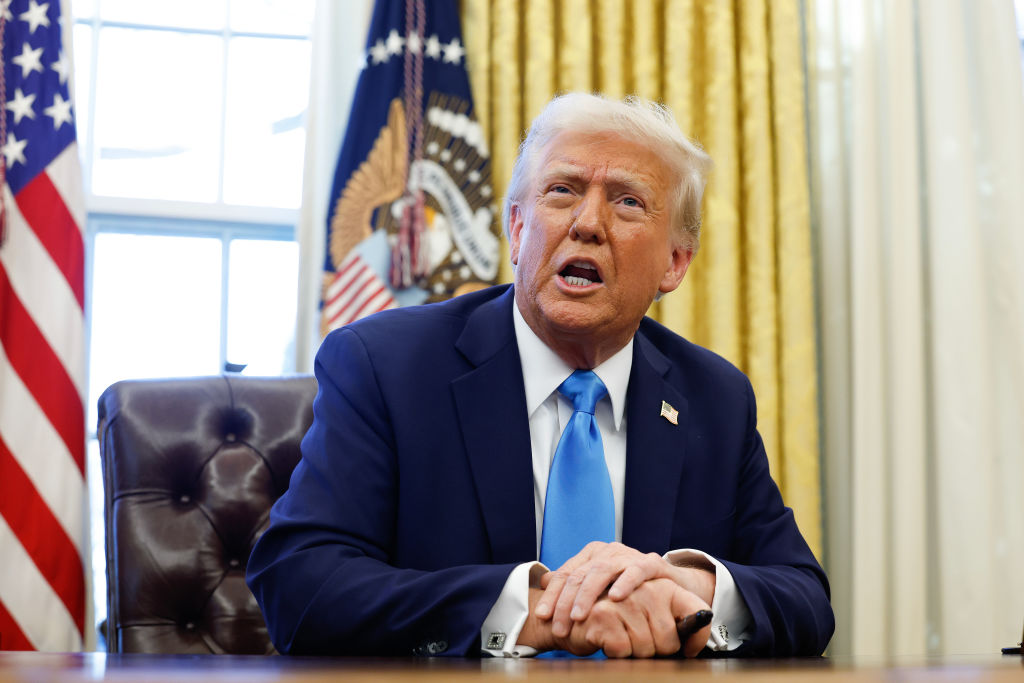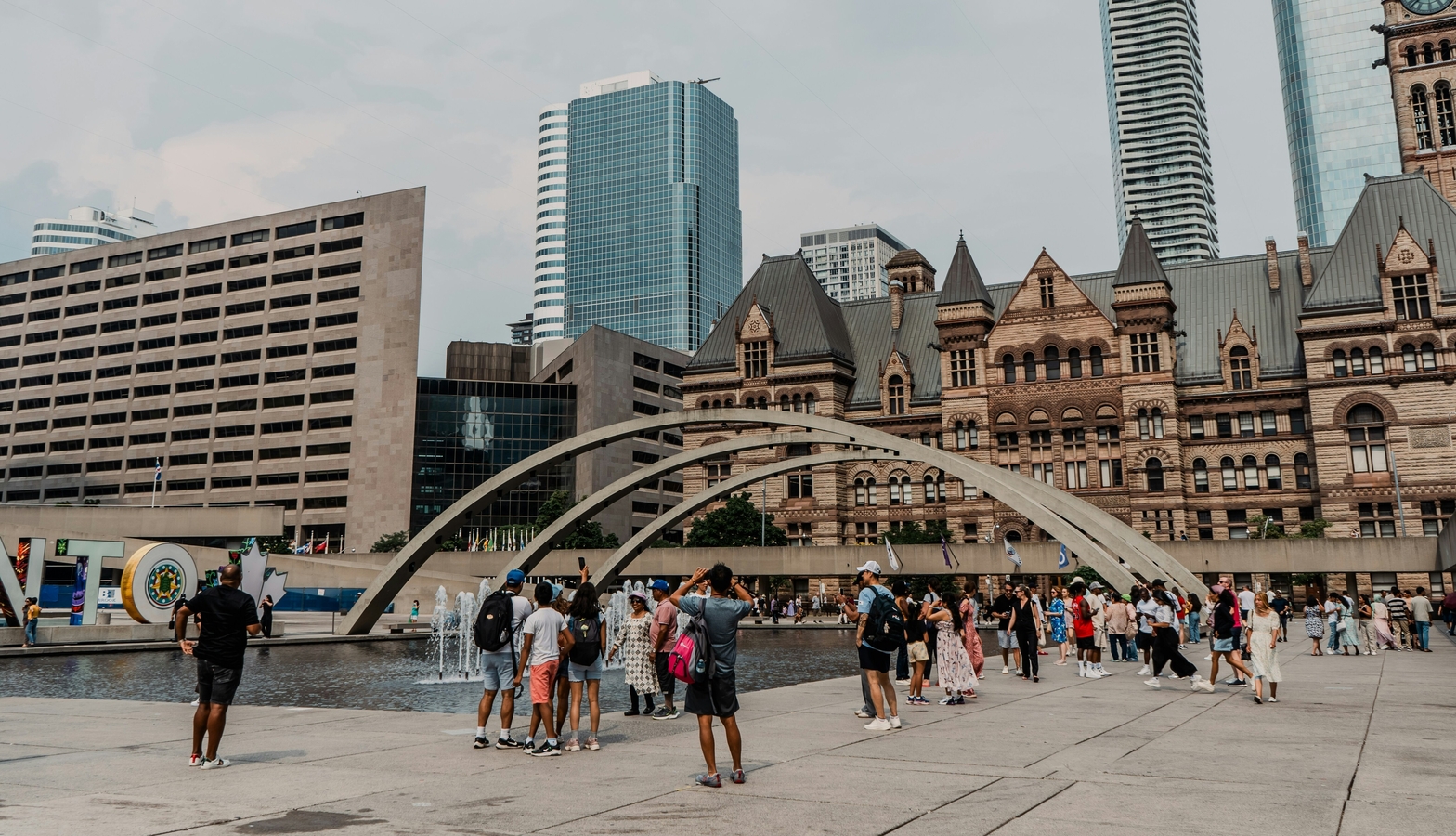Judge Rules Against Trump Administration's Policy Restricting International Students
#trump administration #international students #harvard #mit #covid-19

About the People Mentioned
Donald Trump
Donald John Trump, born June 14, 1946, in Queens, New York, is an American businessman, media personality, and politician. He graduated from the University of Pennsylvania’s Wharton School in 1968 with a degree in economics. In 1971, he took over his family’s real estate business, renaming it the Trump Organization, through which he expanded into building and managing skyscrapers, hotels, casinos, and golf courses. Trump gained widespread fame as the host of the reality TV show *The Apprentice* from 2004 to 2015, which helped establish his public persona as a successful entrepreneur. Trump entered politics as a Republican and was elected the 45th president of the United States, serving from 2017 to 2021. His presidency was marked by significant policy actions including tax cuts, deregulation, the appointment of three Supreme Court justices, renegotiation of trade agreements (notably replacing NAFTA with the USMCA), and a focus on immigration control including border wall expansion. He withdrew the U.S. from international agreements such as the Paris Climate Accord and the Iran nuclear deal, and engaged in a trade war with China. His administration’s response to the COVID-19 pandemic was criticized for downplaying the virus’s severity. Trump was impeached twice by the House of Representatives—first in 2019 for abuse of power and obstruction, and again in 2021 for incitement of insurrection—but was acquitted by the Senate both times. After losing the 2020 election to Joe Biden, Trump challenged the results, culminating in the January 6, 2021, Capitol riot. He remains a central figure in American politics, having won the 2024 presidential election and returned as the 47th president in 2025, continuing to promote policies aimed at economic growth, border security, and military strength[1][2][3][4].
About the Organizations Mentioned
Harvard University
## Overview Harvard University, located in Cambridge, Massachusetts, is one of the world’s most prestigious and influential institutions of higher education. Founded in 1636, it is the oldest university in the United States and a global leader in research, education, and innovation, with a particular impact on business and technology. ## What Harvard Does Harvard is a comprehensive university offering undergraduate, graduate, and professional education across a wide array of disciplines. Its core activities include degree-seeking education, continuing and executive education, and extensive sponsored research, both federal and non-federal[2]. The university’s mission-driven approach extends to philanthropy, with a significant portion of its operating revenue derived from endowment income and current-use gifts[2][3]. Harvard is also a major player in technology transfer and entrepreneurship, with strong ties to the Boston-area innovation ecosystem. ## Historical Background Harvard’s long history began as a colonial college established to train clergy. Over the centuries, it evolved into a modern research university, producing numerous Nobel laureates, heads of state, and business leaders. Its alumni and faculty have played pivotal roles in advancing science, technology, and global commerce. ## Key Achievements Harvard’s achievements are vast and varied. It is consistently ranked among the top universities globally, renowned for its rigorous academics, groundbreaking research, and influential alumni network. The university has pioneered major scientific discoveries, developed leading business and law schools, and fostered technology startups through its innovation labs and venture programs. Notably, beginning in the 2025-2026 academic year, Harvard College will be free for students from families with incomes below a certain threshold, significantly expanding access to its world-class education[4]. ## Current Status As of fiscal year 2025, Harvard’s net assets grew to $68.7 billion, despite a modest operating deficit of $113 million on $6.7 billion in operating revenue[2]. The university continues to rely heavily on philanthropy, with curren














